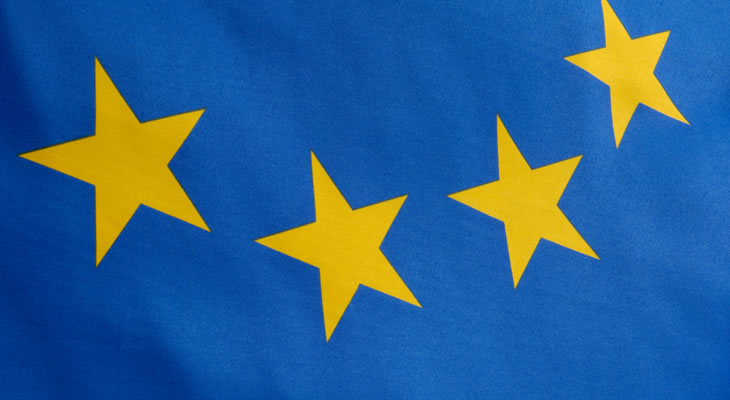Pound (GBP) Exchange Rates Slide on Theresa May’s Brexit Speech
The Pound Euro (GBP/EUR) exchange rate slipped on Friday as markets reacted to various soundbites from UK Prime Minister Theresa May’s Brexit speech.
The speech largely re-iterated what was already known, with the PM asserting that Downing Street will not accept a deal that leaves Northern Ireland as part of the European customs union (and subject to the European Court of Justice), as well as outlining her 5 rules which would guide the UK’s negotiations.
What was more notable, however, was May’s claim that the existing models of access to the single market do not provide a way forward, and that in some ways, the UK’s access to the single market will be a lot less than it is now.
Whilst markets had largely expected this to occur, the reaction amongst Sterling investors was still slightly negative, with the news deemed as a nail in the coffin, as it were, for business hopes for ongoing full single market access.
This caused GBP/EUR to slip even further, with Sterling unable to capitalise on the uncertainty of the bloc’s upcoming elections.
Italian General Election and German SPD Vote – What can we Expect for the Pound Euro (GBP/EUR) Exchange Rate?
Investor attentions will soon shift to two very significant events on Sunday; the Italian general election and the German Social Democrats (SPD) vote on a coalition deal with Angela Merkel’s Conservatives (CDU).
For Italy, markets currently expect Silvio Berlusconi to be king-maker, with Italy’s Five-Star movement, led by Luigi Di Maio, leading the polls but liable to come up short due to their refusal to join forces with another party.
This leaves the centre-right bloc, led by Berlusconi and comprising his Forza Italia, and Noi con I’Italia as the most likely pick, a concerning prospect for some Euro investors as this coalition is comprised of a great deal of anti-EU sentiment.
In this respect, markets are preparing for the possibility that Italy could see EU-sceptic leadership, an event that could eventually result in Italy leaving the EU and massively destabilising the single currency.
Beyond this, Germany’s SPD vote, with the results to be released on the same day, could also have far-reaching consequences, as a rejection of a coalition deal with the CDU could see Germans returning to the polls; an event that would result in massive uncertainty and even more delays to German’s governance.
There are some, however, that point to Merkel’s concession of the Ministry of Finance to the SPD as sufficient enough reason to see them return to a ‘grand coalition’, but markets will likely remain cautious until the results are in.
Euro (EUR) Exchange Rate Outlook Darkened by Disappointing German Retail Sales Print
Data today from the bloc was slightly soft as Germany shoppers opting against shopping sprees in January.
The German retail sales figure printed at -0.7% month-on-month, significantly down from the forecast 0.9%.
The yearly reading printed at 2.3%, however, up from the previous period’s -0.2% but below the forecast of 2.5%.
This news came after the GfK revealed that the mood amongst German shoppers has grown gloomier this month, with political concerns regarding Germany’s lack of leadership continuing to weigh on consumer sentiment.
Whilst Germany continues to post an impressive economic recovery – and remains the EU’s powerhouse economy – the outlook for Germany could continue to dwindle if a grand coalition is not successfully achieved this weekend.


Comments are closed.